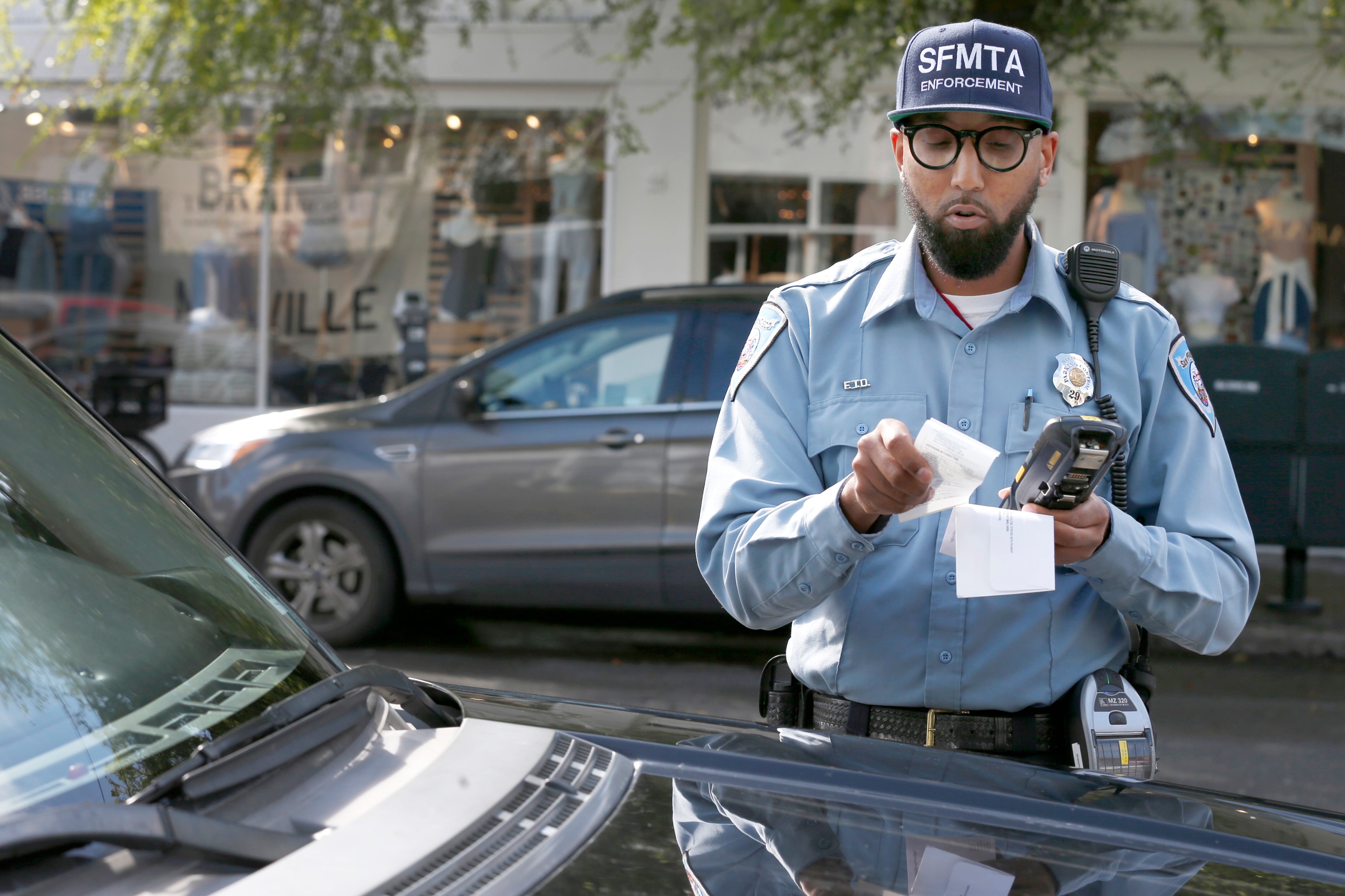San Francisco is owed $200 million in outstanding parking ticket fees and penalties stemming from over one million unpaid citations on the city’s books, according to an analysis of city data by The Standard.
The figures document all 6.4 million parking citations that the San Francisco Municipal Transportation Agency (SFMTA) issued between Jan. 1, 2018, and Sept. 24, 2023.
The data shows that the city doled out parking tickets worth about $601 million during that time period, and that the penalties imposed upon vehicle owners who failed to pay on time heaped on another $137 million in extra fines.
In total, 16% of the over 6 million tickets the city issued between Jan. 1, 2018, and June 30, 2023, still had an outstanding balance on their citation as of late September 2023. The true total owed to the city likely far exceeds $200 million, since the data reviewed by The Standard did not stretch earlier than 2018.
The revelation of this nine-figure debt owed to San Francisco comes as Mayor London Breed has called for city department heads to propose budget cuts, warning that the city could face a $500 million deficit for the fiscal year beginning in June 2025. When The Standard shared its finding with the Mayor’s Office, a spokesperson did not say whether recovering the outstanding fees factored into the city’s plans to address the anticipated budget woes.
In response to questions from The Standard, SFMTA said that it has in place several processes to recoup fines. Unpaid citations are sent to the California Department of Motor Vehicles, where they can prevent drivers from renewing their registrations. Locals are also barred from buying a residential parking permit until they pay off parking tickets. The city’s official collection agency takes charge of the overdue bills, and the state Franchise Tax Board can deduct citation balances from tax refunds.
Despite the city’s efforts, some vehicles racked up stunning citation tabs. One four-door Lincoln with California plates was issued 365 parking tickets between April 2018 and March 2023, the data shows. The vehicle’s owner paid off just one citation in full, leaving an outstanding balance of about $81,000 as of September 2023.
Meanwhile, the owner of a Mercedes racked up $50,000 in parking citations, almost all for parking on Mission Street between Sixth and Seventh streets, between October 2019 and July 2021. None of those tickets were paid off, leaving the debt intact as of September.
Both of those vehicles are now registered to an auto salvage yard, according to Department of Motor Vehicle records.
The city issued delinquency penalties on 1.9 million tickets between January 2018 and September 2023, the data shows.
San Francisco is not alone in failing to collect on a significant share of the parking fines it issues. An April 2023 report by the City of New York Independent Budget Office found that over $1 billion was owed to the municipality for parking and camera-generated vehicle violations logged from 2017 to 2022. That represented 18% of fines levied during that time period, slightly above San Francisco’s 16% total. As of September 2022, the city of Austin hadn’t yet collected on 23% of the parking tickets it issued in 2018 and 2019, the Urban Institute found.
In San Francisco, parking citations have brought the city a total of about $300 million in the past four fiscal years, according to the controller’s budget data. Many other cities across the country also tap parking tickets as a significant revenue source. But it can be a fraught source of funding. Reports in major cities such as Chicago and Washington, D.C., found that the financial burden of those fines disproportionately fell upon working-class and Black residents. Academic research has found that a routine fine like a parking ticket can force some people to default on other other important bills and potentially face a credit score decline.
Instead of paying for parking tickets, people who owe SFMTA for citations have the option to work off their debt through community service or sign up for a payment plan.
To challenge a parking ticket, drivers can submit a protest online.
Despite these programs, about 30% of parking citations in San Francisco become delinquent before they are paid off, if they ever are.
